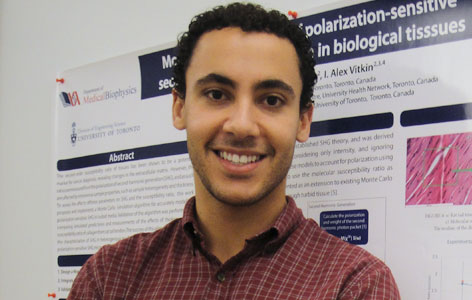
Conference: Canadian Cancer Research Conference, November 5-7, Vancouver, BC, Canada.
Conference Highlight: The Canadian Cancer Research Conference in Vancouver emphasized the importance of understanding cancer metastasis in the context of therapeutic intervention. The three pillars of cancer treatment (surgery, radiotherapy and chemotherapy) can increase the metastatic potential of cancer cells—thus it is important to understand how these mechanisms can be prevented to improve patient outcomes.
Conference Summary: Cancer therapy has improved significantly over the past few decades. Despite these advances, cancer is much more difficult to treat once it has metastasized to distant organs. Metastatic cancer is generally considered to be incurable, at least with currently available therapies; however, it is treatable and therapies have been improving. Researchers are currently trying to understand mechanisms of metastasis, to identify how metastatic disease can be successfully treated and to devise strategies to prevent metastatic recurrences.
Cancer therapies can also induce changes in cell signaling that have potent effects on cellular metabolism, and consequently the demand and use of oxygen and other nutrients within a heterogeneous tumour microenvironment. In a session titled Tumour Hypoxia and Metabolic Adaptations, the speakers explored how the availability of oxygen and other metabolites influences cell signaling in ways that have an impact on tumour progression and response to therapy. The molecular mechanisms that mediate metabolic adaptation in cancer can be exploited to direct new forms of therapy.
Critical aspects of the metastatic process, including tumour cell migration and invasion remain poorly understood. In one of the sessions, titled Cellular Mechanisms of Tumour Cell Migration/Invasion, the speakers explore the use of intravital microscopy to study invadopodia formation (protrusions of the cancer cell membrane that allow them to migrate) and cancer cell extravasation (how cancer cells exit the bloodstream and invade other organs). Identifying mechanisms of tumour cell migration and invasion is key to understanding and targeting metastatic cancer.

